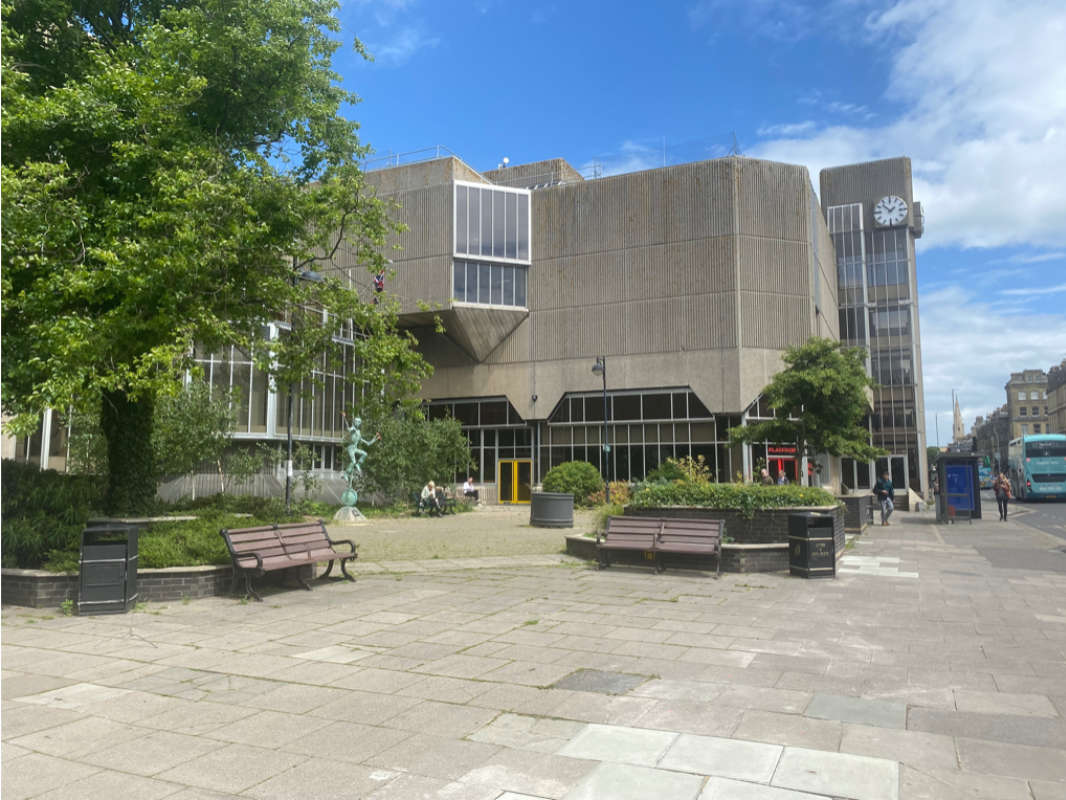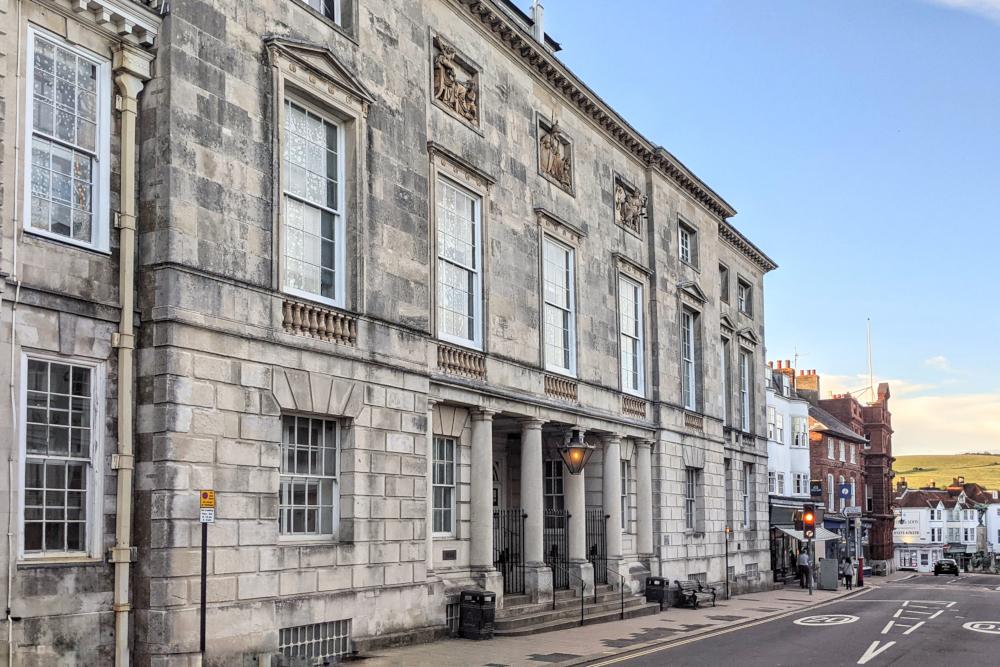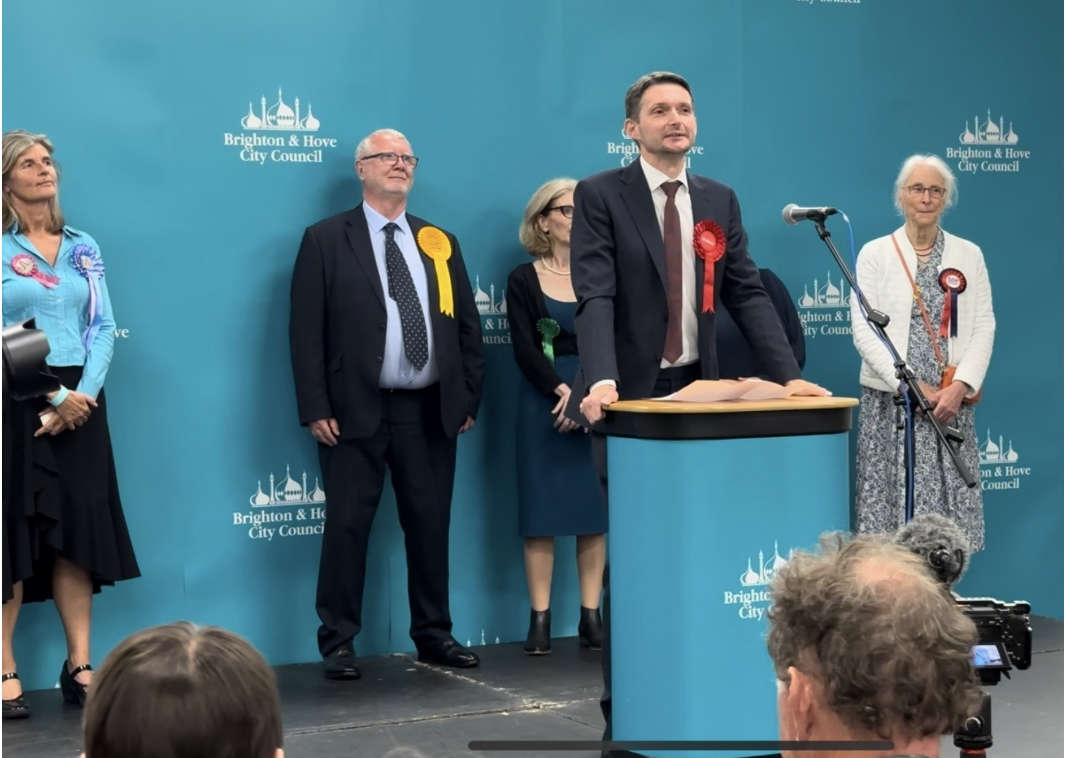
Primary school head teachers and governors have asked council bosses why so many schools have been allowed to overspend their budgets for years at a time.
This year 33 out of 61 schools in Brighton and Hove schools are finishing the year with deficit budgets, an increase of seven from the previous year.
A report to the Brighton and Hove Schools Forum on Monday (1 July) said that school balances at the year-end came to £281,000, with some schools having underspent their budget.
This is a drop of £4.259 million compared with 2022-23.
The biggest overspends came in the primary sector which was £1.1 million in the red for 2023-24 and carried forward a £2.3 million deficit, with 26 out of 48 schools operating with deficit balances.
An appendix to the report, which was not publicly available, said that one primary school overspent for nine years running. In 2023-24, it was £118,000 in the red.
Another school which overspent for eight years in a row went £164,000 over budget. The biggest overspend was £522,000, for a school with a £1.9 million budget. That school was in the red for a third successive year.
The issues affecting school budgets were given as falling pupil numbers, the rising cost of living, local policy decisions on the National Living Wage and the effects of unfunded national pay increases.
But Rachel Kershaw, head teacher of St Margaret’s (Church of England) Primary School, in Rottingdean, said that schools with fewer pupils were not necessarily the schools in the red.
She said that eight of the schools in deficit were full, with few pupils who had special educational needs and disabilities (SEND), and budgets of £3 million to £4 million a year.
Mrs Kershaw said:
“I accept there’s going to be staffing issues and massive premises issues.
“Primary heads have done trends analysis. 73 per cent of schools that are three-form entry or larger are in deficit but only 64 per cent of one-form entry are.”
The council’s assistant director for families, children and learning, Jo Lyons, said that the council had not analysed the trends but had scrutinised and challenged the deficits.
Robert Hardy, who chairs the Schools Forum, said that some schools had “far exceeded” the three-year time limit for recovering from an overspent budget.
Mr Hardy, who also chairs the board of governors at Hill Park School, Portslade, said:
“To borrow from a different 12-step programme, the first step is acknowledging and understanding the scale of the problem.
“This is very much siloed by school – and I understand entirely why – but it makes it much harder for collective decisions to be made on a collective understanding.
“We need to get under the skin of how did we get to where we are now.”
Over the past 10 years, six schools in deficit have been issued with notices of concern. Of these, two have either merged with another school or become an academy. Of the remaining four, three are still in deficit.
Fairlight Primary School head teacher Damien Jordan said that he was hearing from schools where head teachers were used to managing deficit budgets and those new to the experience.
He said:
“There are people new to this saying you’re only supposed to be there (in deficit) for three years. You’re only supposed to have £250,000 debt.
“The others are asking, why am I balancing my budget and doing all this hard work when people at the other end are clearly not?”
Academies representative Aaron Barnard, from the Aldridge Education Trust, told the meeting that academies with financial problems receive notices from the Department for Education and these were published.
He said:
“It’s a badge of shame and schools don’t want that over them. They do their damnedest not to be publicly named as having mismanaged their finances.
“They do their damnedest to get out of it and have special attention paid to it.”
Diana Boyd, co-chair of governors at Elm Grove Primary School, said that there needed to be a balance around transparency with schools’ financial problems and protecting schools.
She said:
“I would prefer it not to be a badge of shame. If there are 21 schools in their third or fourth year of deficit that illustrates both locally and nationally the scale of the problem that’s going on.
“There is a risk of trying to protect but, with the best will in the world, it makes it much harder to have a conversation to find out what we’re going to do about the situation we’re in.”
Jo Lyons said that there was an expectation that schools should keep within their budgets and that council officers would meet with head teachers to discuss budgets in July.
She said:
“Each one of those schools will have a different story and different reasons why they’re in this position.
“We need to think about what we would share. We also have the national position. We’re in a more challenging position.
“We can just pick out the one with the biggest number (and) say: ‘They’ve mismanaged. That’s terrible. Let’s expose them and name and shame them.’
“There will be a story behind that. What we’ve tried to do over the years rightly or wrongly … is look at each individual school, do robust scrutiny and provide what we see as the right approach of challenge and support.”

 Bexhill School Art Auction Raises Over £100k For Cancer Charity
Bexhill School Art Auction Raises Over £100k For Cancer Charity
 West Sussex Fire Officer Takes On 100-Mile Bike Ride In Memory Of Colleagues
West Sussex Fire Officer Takes On 100-Mile Bike Ride In Memory Of Colleagues
 West Sussex Libraries Launch Summer Reading Challenge
West Sussex Libraries Launch Summer Reading Challenge
 Reward Offered As Tributes Paid To Man Killed In Hastings Hit-And-Run
Reward Offered As Tributes Paid To Man Killed In Hastings Hit-And-Run
 Sussex Zoo Announces Expansion With New Soft Play Venture
Sussex Zoo Announces Expansion With New Soft Play Venture
 Greens Take Back Seat In Brunswick And Adelaide
Greens Take Back Seat In Brunswick And Adelaide
 Man Arrested Following 50 Mile Police Pursuit Across Sussex
Man Arrested Following 50 Mile Police Pursuit Across Sussex
 Two Men Convicted Of County Line Drug Dealing In Crawley
Two Men Convicted Of County Line Drug Dealing In Crawley
 UPDATE: Police Investigating Attempted Motorbike Robbery In Goring
UPDATE: Police Investigating Attempted Motorbike Robbery In Goring
 Labour Holds Brighton Kemptown and Peacehaven Seat
Labour Holds Brighton Kemptown and Peacehaven Seat